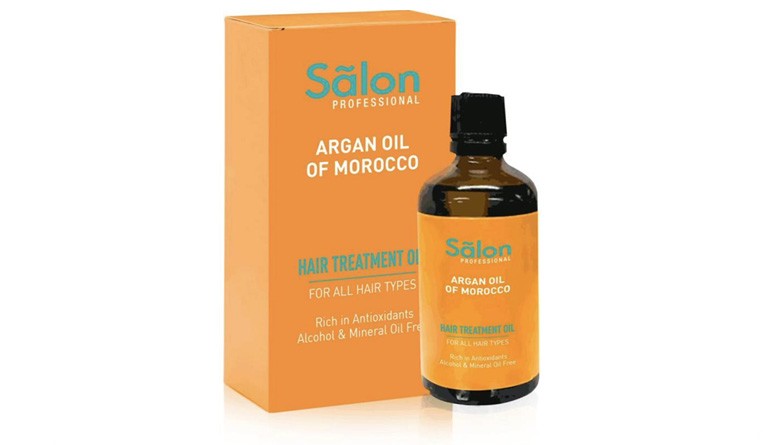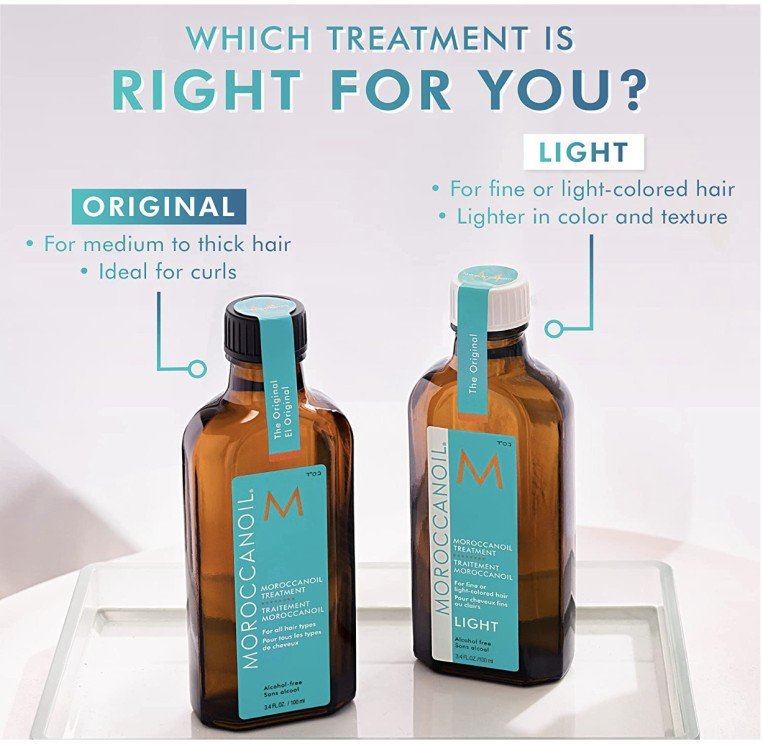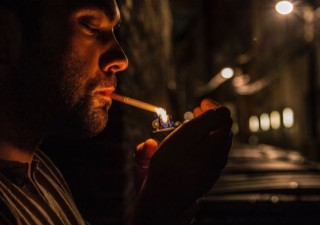Moroccanoil gets Injunction against Modi Care in India
31 January 2023

In Moroccanoil Israel Limited v. Modicare Ltd., the Delhi High Court, through an order dated November 18, 2022, granted an injunction in favor of the plaintiffs, Moroccanoil. The lawsuit was filed for infringement of the trademark MOROCCANOIL, trade dress, copyright infringement, passing off etc.
The grievance of the plaintiffs was that the defendant had adopted the mark ‘Moroccan Argan Oil’, which they deemed to be deceptively similar to the plaintiffs’ trademark MOROCCANOIL and an almost identical trade dress for identical products, i.e., shampoo, conditioner and hair oil. It was also contended by the plaintiffs that the trade dress of the plaintiffs’ products under the trademark MOROCCANOIL, comprising of the colour blue, orange and white, is distinctive and associated with the plaintiffs. It was further alleged by the plaintiffs that the probability of choosing a combination of three colours (blue, orange and white) from the primary and secondary colours and probability of using the said combination of all the Pantone colours was very low and thus could not have been a mere coincidence.

The brief findings of the order are as below:
That an injunction ought to be granted for similarity of trademark, trade dress, colour scheme and manner of writing. Dismissing the defense of the defendant that it is using ‘Moroccan Argan Oil’ in a descriptive manner, the court held that a bare perusal of the products of the plaintiffs and the defendant showed that the defendant had used the word ‘Moroccan Argan Oil’ as a trademark which is deceptively similar to the plaintiffs’ trademark MOROCCANOIL. It was also held that the identical colour combination and the manner of writing ‘Moroccan Argan Oil’ horizontally and the packaging is a clear copy of the plaintiffs’ product. Further, as regards the use of ‘Salon PROFESSIONAL’ by the defendant, it was held that ‘PROFESSIONAL’ is written very inconspicuously and is hardly prominent.
The Court relied on Colgate Palmolive Company v. Anchor Health and Beauty Care Pvt. Ltd., (2003) 27 PTC 478 which held that “if the first glance of the article without going into the minute details of the colour combination, getup or layout appearing on the container and packaging gives the impression as to deceptive or near similarities in respect of these ingredients, it is a case of confusion and amounts to passing off.”
That there was dishonest adoption of the mark by the defendant. While relying on Madhubhan Holiday Inn v. Holiday Inn Inc., 2002 SCC OnLine Del 864, the court held that an uncanny similarity between the defendant’s mark and that of the plaintiffs’ is sufficient to show that there was a dishonest adoption of the mark on the part of the defendant. It was held in Madhuban that “the question that arises is that out of the millions of words of English language why did the appellants adopt only the words ‘Holiday Inn. The answer has to be that the appellants deliberately adopted these words to ride on the immense global reputation of the respondent.”
That the trademark MOROCCANOIL deserves protection.
The main objection of the defendant was that the trademark MOROCCANOIL is descriptive and not capable of acquiring distinctiveness.
The court held that as per the decision of Anil Verma v. RK Jewellers SK Group & Ors., 2019 SCC OnLine Del 8252, which cited McCarthy on Trademarks, held that there are two tests to establish whether the mark is generic or descriptive, being ‘The Degree of Imagination Test’ and ‘The Competitor’s Need Test’. The two tests are inversely proportional to each other. If the degree of imagination required is higher, the need of the competition decreases. If the need for the competition is not so high and there are alternate ways of describing such services, then the degree of imagination required would be higher.
As held in various cases, a mark is suggestive if it requires imagination, thought and perception to reach a conclusion as to the nature of the goods whereas a mark is descriptive if it forthwith conveys an immediate idea of the ingredients, characteristics etc. of the goods.
The court held that the plaintiffs’ ‘MOROCANNOIL’ mark is a combination of two dictionary words “Moroccan” and “Oil” and has acquired distinctiveness on account of long and continued use and in view of their extensive sales and promotion.
Meanwhile, the court has stayed the proceedings under Section 124 of the Trademarks Act, 1999 in view of rectifications filed by the defendant challenging the MOROCCANOIL trademarks of the plaintiffs.








